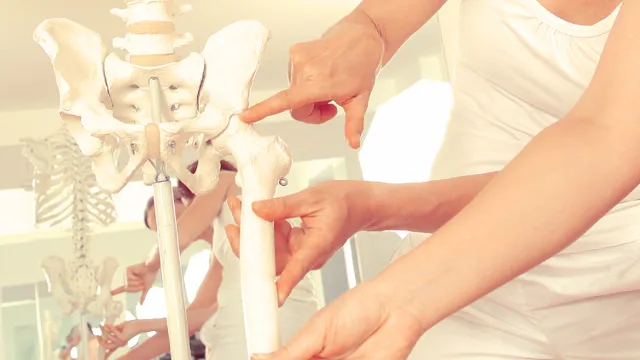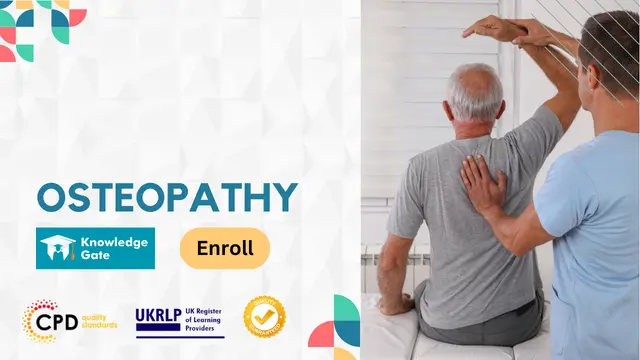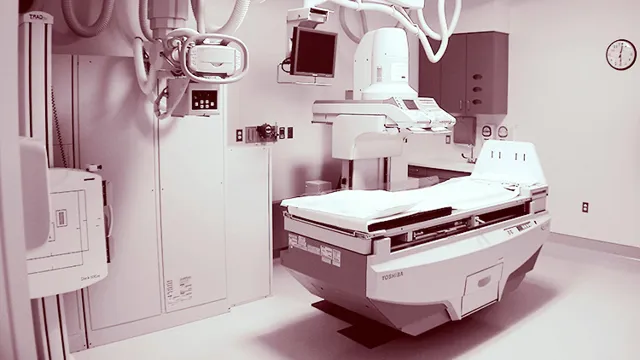Osteopathy Training Course
Knowledge Gate
Get Your Certificate Within A Day! 8 Video Lesson> Instant Access> Easy to Learn> No Exam Required> 24/7 Expert Support
- Online
- 3.1 hours · Self-paced
- Certificate(s) included
- 10 CPD points
- Tutor support
Great service
From the tales of ancient healers to modern clinics, osteopathy has healed generations. Dive deep into its anatomy, treatments, and applications. Join a journey through "Osteopathy" - where history meets healing. Embark on a comprehensive journey into the world of Osteopathy. Sta
…





